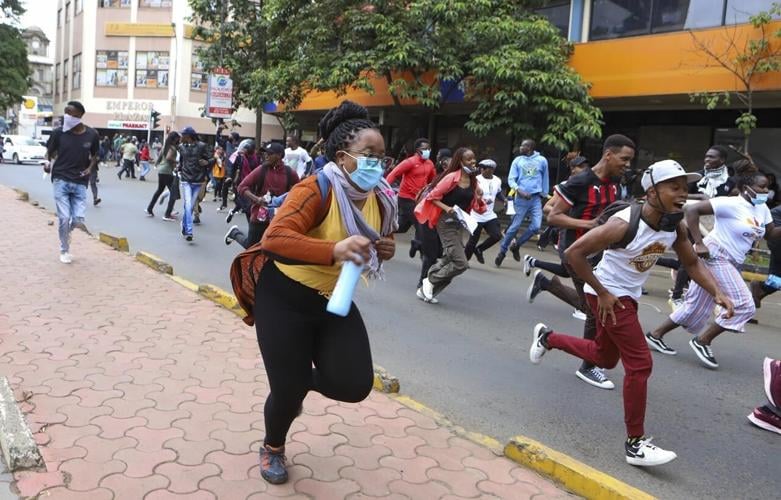A significant internet disruption has struck Kenya during ongoing protests against a contentious government finance bill proposing tax increases.
The disruption, which also affected neighboring Uganda and Burundi, has raised concerns over the role of technology in public demonstrations and governmental transparency.
NetBlocks, an organization monitoring internet freedom, confirmed the outage, stating that the disruption coincided with protests that saw demonstrators using social media to express their dissatisfaction with high living costs, excessive taxation, and widespread corruption.
The protests escalated to violence, with demonstrators storming the parliament building, resulting in multiple fatalities and injuries.
Despite assurances from the Communications Authority that there were no plans to shut down or interfere with the internet, the outage has sparked speculation and criticism.
NetBlocks suggested that the timing of the disruption, described as “unscheduled maintenance,” aligned suspiciously with the parliamentary protest.
Safaricom, one of Kenya’s leading telecommunications providers, attributed the disruption to issues with a subsea cable.
However, this explanation did not fully account for why some networks, such as Airtel, remained functional, leading to further questions about the true cause of the outage.
The internet blackout significantly impacted the protesters’ ability to coordinate and document their activities on social media platforms like X (formerly Twitter) and TikTok.
This intermittent access hampered both local and international coverage of the events, drawing criticism from digital rights activists and raising concerns about the use of internet disruptions as a tool to stifle dissent.



